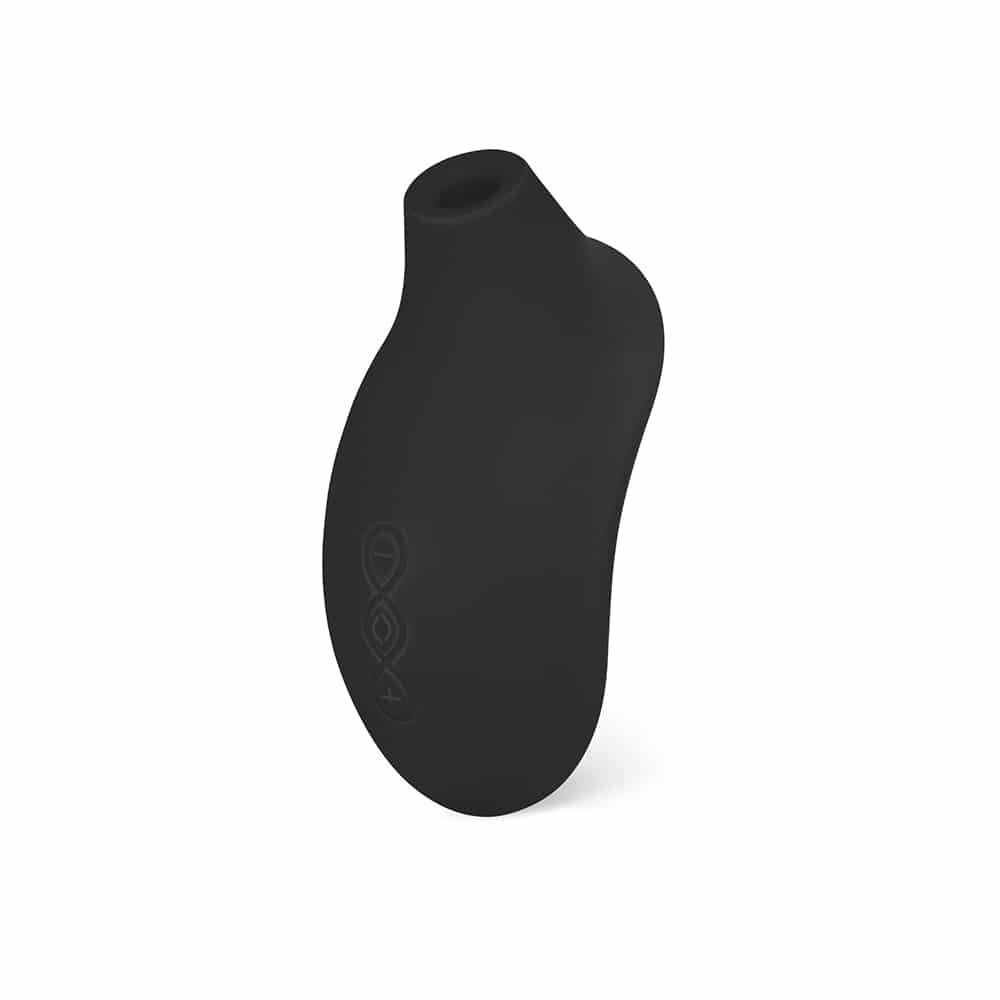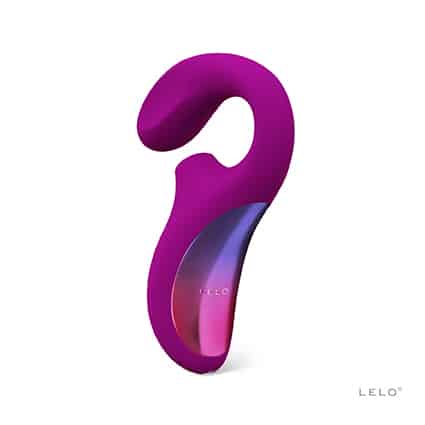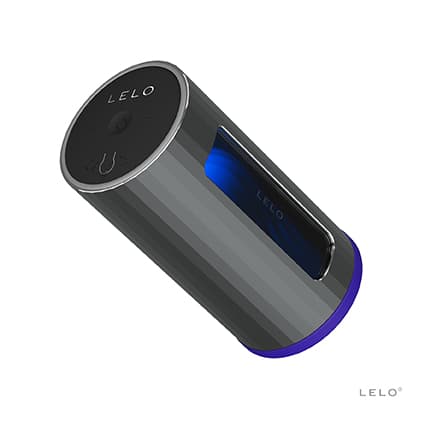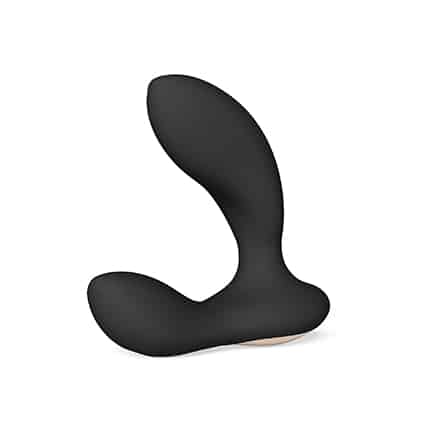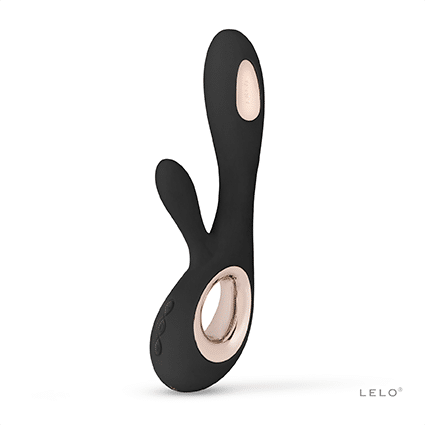 This article was written by Dr. Justin Lehmiller, a social psychologist, researcher and award-winning educator. For more information:
This article was written by Dr. Justin Lehmiller, a social psychologist, researcher and award-winning educator. For more information:
Website | Publications | Instagram
Depression is one of the most common mood disorders. It’s estimated that 16% of the population will experience it during their lifetime, and it can have wide-ranging effects on people’s lives, including their sex lives.
So what exactly is the link between depression and libido? The answer is surprisingly complex. It turns out that depression can affect different people’s sex drives in quite different ways.
The prevailing assumption most people hold is that depression lowers sex drive. And, more often than not, that is indeed the case. However, for some people, depression is actually linked to increased sexual activity.
In this article, we will discuss some of the reasons why depression can have these very different effects on sex drive. We will also explore how antidepressants affect sex drive and sexual function, and what to do when depression is impacting your libido.
Why Depression Can Lower Sex Drive
Low libido is such a common symptom of depression that it can actually be a key indicator involved in diagnosis. But why exactly does depression often lower one’s sex drive?
One of the key defining features of depression is an inability to enjoy the things you used to enjoy. This is known as anhedonia. It’s a fairly generalized effect, meaning that you might take less enjoyment or pleasure in your hobbies, in your work, and even in sex. You might feel less interested in these things overall, or you might feel numb when you engage in them.
But it’s not just the anhedonia that can lower sex drive. Depression is also characterized by a lack of energy. This is compounded by the fact that depression frequently contributes to sleeping problems, such as insomnia. We know from research that getting good sleep and feeling rested is crucial to being able to feel sexual desire, so if you’re constantly tired and unable to sleep well, it’s no surprise that desire often suffers.
Depression can also lead people to view everything around them through a negative filter, and that includes the way that you see your partner. To the extent that you start to feel more critical of your partner and less connected to them, this can diminish desire for sex.
As you can see, there are multiple reasons—both physical and psychological—as to why low sex drive often coincides with depression.
Can Depression Cause Horniness?
Although depression often reduces sex drive, it seems to increase it for some individuals. For example, research has found that depression is sometimes linked to hypersexuality as well as increased sexual risk-taking. Most notably, this includes having more unprotected sex. So what’s up with that?
It was once thought that whether depressed people experience increased or decreased libido might be due to differences in depression severity. In particular, some researchers suggested that less severe depression was probably related to more risk-taking and higher levels of desire, whereas more severe depression was probably linked to less sexual desire and activity. However, research has not supported this idea. In fact, to the contrary, what the data shows is that higher levels of depression are actually associated with more sexual risk-taking.
Psychologists now think that one of the key factors at play here is the coping strategy that a depressed person uses. Some people are externalizers, which means they cope by looking outward. Externalizers may seek out more sex or engage in riskier behaviors as a means of seeking distraction or temporary relief from pain. You can think of this as a form of self-regulation in which hypersexuality becomes a mask for depression.
On the other hand, some people are internalizers, which means they cope by looking inward and withdrawing from social activities. Internalizing may reduce both sexual desire and activity because it not only leads to fewer opportunities for sex, but you also become preoccupied with negative thoughts that limit your ability to feel desire.
Antidepressants and Sex Drive
Another factor that plays a role in how depression affects people’s sex lives is whether they are taking medication or not. For instance, if someone is taking a selective serotonin reuptake inhibitor (SSRI) like Prozac, a well-known side effect of this medication is decreased libido. SSRIs can also cause a number of other sexual side effects, including difficulty reaching orgasm.
Serotonin antagonist and reuptake inhibitors (SARIs), such as trazodone, are also frequently used in treating depression. While SARIs seem to cause fewer sexual side effects than some other antidepressant medications, when people take drugs like trazodone libido sometimes decreases. At the same time, however, some people have reported increased libido as a side effect of these drugs.
Genetics and Sex Drive
Your genetics may also play a role in whether depression leads to increased or decreased libido. Some researchers believe that the genes associated with certain dopamine receptors might explain why some depressed people engage in riskier sexual behavior.
Specifically, when your genetics make you less sensitive to the effects of dopamine (often described as the “pleasure chemical”), you may be more inclined to seek ways of compensating for this. Specifically, risky behavior can potentially become a way of self-medicating when it becomes more difficult to feel pleasure (such as when you’re depressed). In other words, people who are less sensitive to dopamine may engage in more sensation-seeking activities as a means of enhancing the effects of this neurotransmitter and regulating their mood.
Can Depression Cause ED?
Depression and antidepressant medications do not just have effects on sex drive—they can also affect sexual function more broadly. For example, depression can lead to arousal difficulties, such as erectile dysfunction (ED). In fact, depressed men are about two times more likely to experience ED.
ED is sometimes a cause of depression. The distress associated with repeated performance difficulties can sometimes trigger a broader mental health crisis. At the same time, however, depression can potentially cause ED by making it more difficult to focus during sex. Impaired sleep, negative partner perceptions, and other symptoms of depression can also make erectile difficulties more likely.
Further, ED and other arousal difficulties are sometimes a product of antidepressant side effects, particularly among patients taking SSRIs.
Takeaways
Research shows that there is a complex link between depression and sex drive. The impact of depression on people’s intimate lives can be quite variable.
If you find that depression is impacting your sex drive in negative ways, whether by leading to hyposexuality or hypersexuality, your best bet is to consult with your doctor or a licensed sex therapist. Fortunately, there are many effective treatments available for depression, but it is essential to work with your provider to find the solution that’s right for you.
Also, if you find that antidepressant medication is negatively affecting your libido, consult with your doctor. It may be possible to mitigate these effects by lowering your dose, switching to a different medication, or adding another medication to the mix to counteract it.
See also:
- Sex with Bipolar Disorder: What You Should Know
- Arousal Non-Concordance, Explained
- Why Do I Cry After Sex?
Enjoy this story more with:


